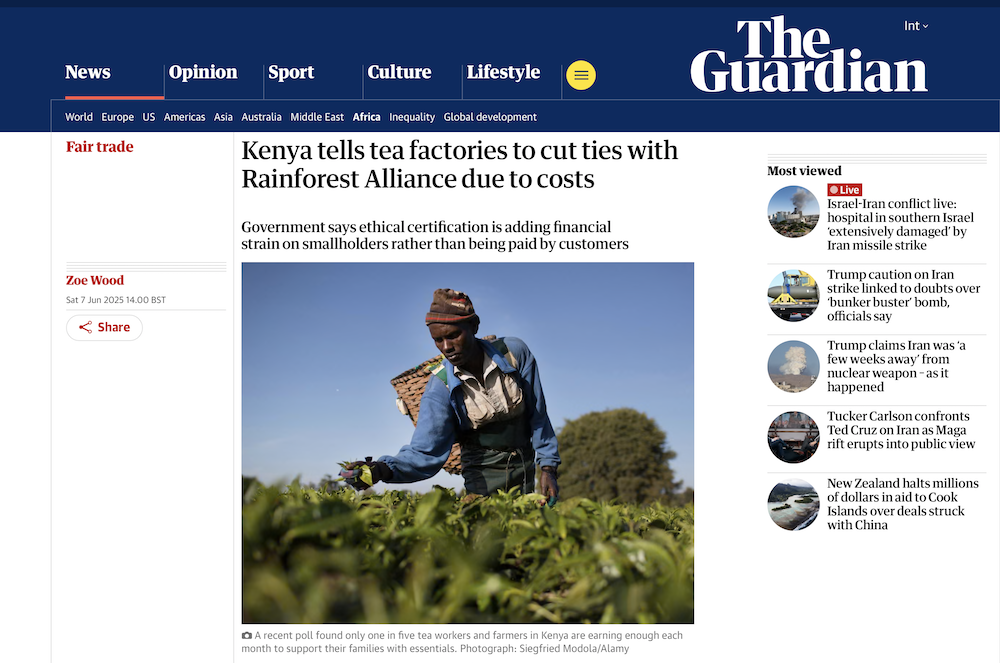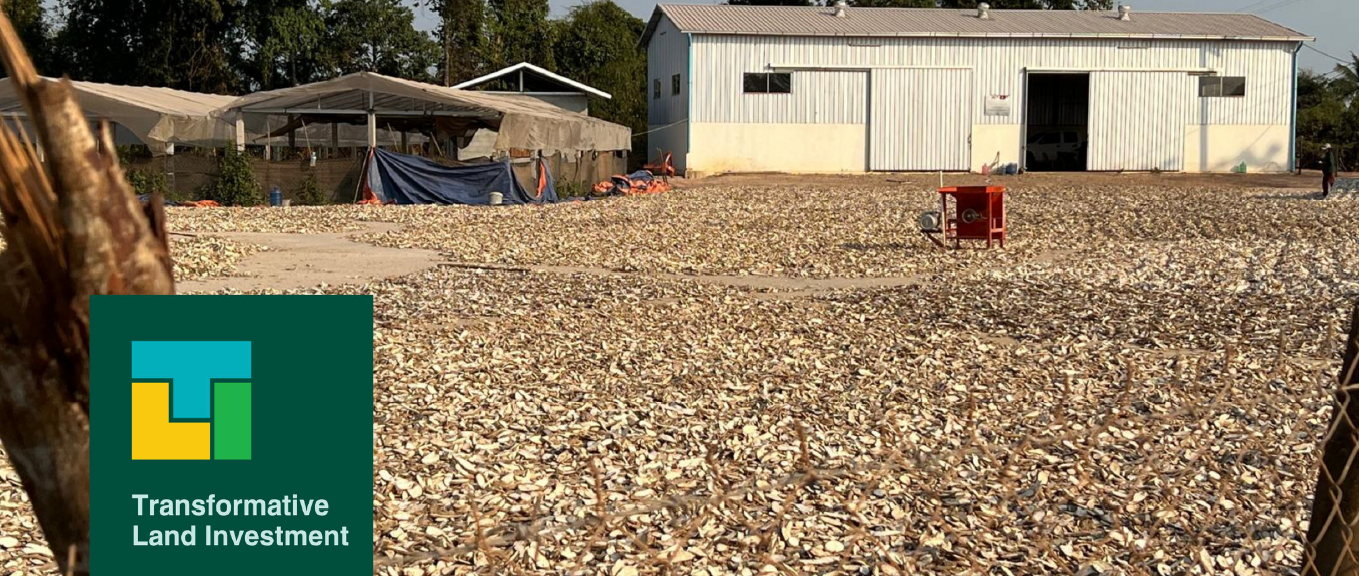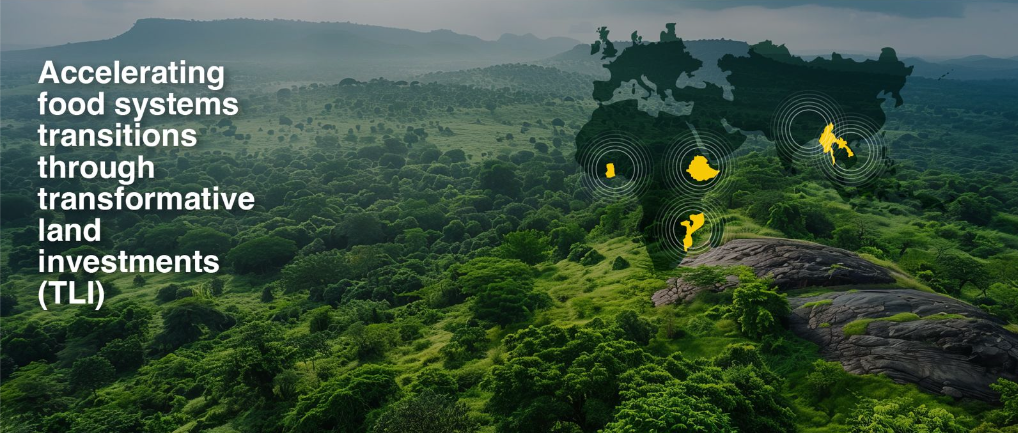
Unlocking inclusive investment: Mozambique’s journey toward transformative land Governance
Mozambique, rich in natural resources and agricultural potential, is actively positioning itself as a destination for transformative land-based investment. Our Enabling Environment Appraisal (EEA) revealed both the strengths of Mozambique’s policy frameworks and the practical barriers that still hamper equitable, sustainable development. As the 2024 update is being evaluated pre publication, we look to what we learned from the previous baseline report.
What we learned
The study identified two parallel realities:
- Strong legal foundations: Mozambique has progressive laws that recognize customary land rights (via DUATs), mandate community consultation, and provide for compensation and environmental safeguards. Women’s rights to land are legally protected, and there are plans for fiscal incentives and agri-food system transformation.
- Weak implementation and oversight: Despite the legal infrastructure, poor enforcement, corruption, and limited community capacity result in superficial consultations, unfulfilled social safeguards, and persistent gender inequities. Customary rights are often ignored or undermined during large-scale land acquisitions, and transparency remains limited.
Core challenges identified
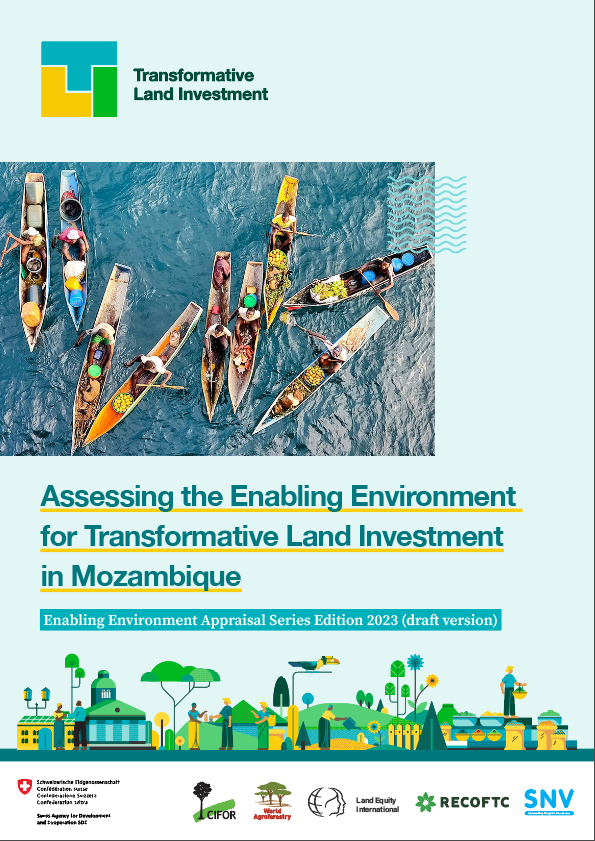
- Land tenure insecurity: While customary and formal land rights are recognized, many communities lack the documentation or knowledge to protect their land from elite capture or investor encroachment.
- Superficial consultation practices: Consultations are often “tick box” exercises. True Free, Prior and Informed Consent (FPIC) is not guaranteed.
- Gender inequality: Though Mozambique’s constitution supports gender equality, customary norms continue to marginalize women in land access, inheritance, and participation in decision-making.
- Weak civil society support: While CSOs are active and mobilized, most lack the resources and capacity to monitor land governance or support inclusive business engagement.
- Finance and service gaps: Rural farmers and small agribusinesses struggle to access finance or extension services, limiting their ability to engage in higher-value value chains.
Why this matters for TLI
This report exemplified the importance of TLI’s Enabling Environment Workstream, which directly supports the Transformative Investment pathway in the TLI Theory of Change. It exposes the systemic conditions that determine whether land investments will empower communities—or displace them.
Mozambique’s case shows that legal recognition alone is not enough. Effective transformation demands:
- Coordinated multi-level governance and institutional reform;
- Strengthened local capacity to claim and enforce land rights;
- Genuine mechanisms for participation, accountability, and benefit-sharing;
- Alignment of financial incentives with environmental and social responsibility.
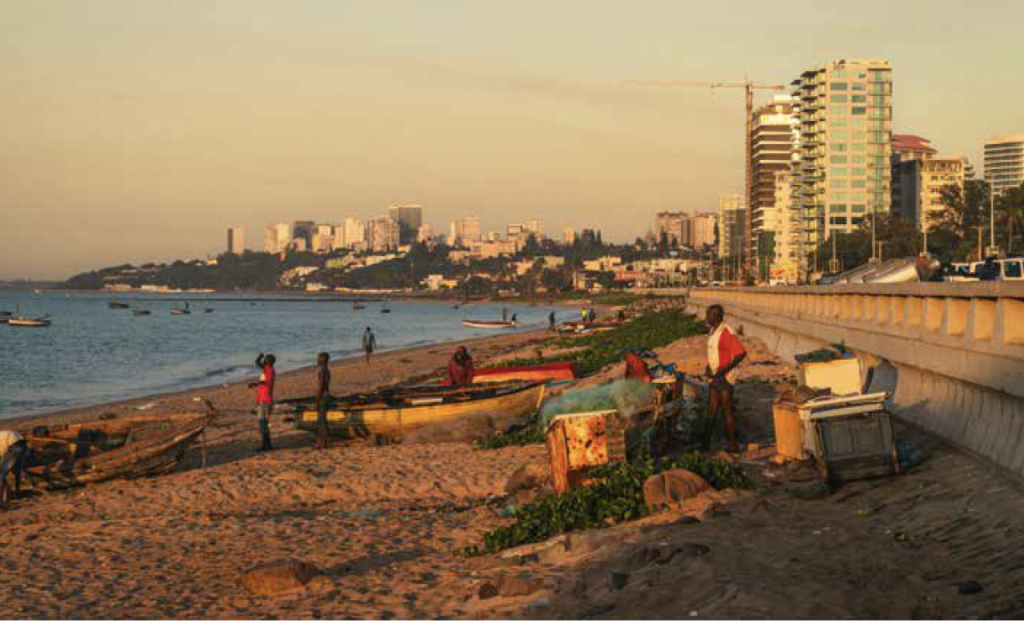
Scaling the lessons
Mozambique’s experience offers lessons for other countries pursuing land-based investments:
- Legal tools must be made actionable through transparency, accountability, and civic empowerment.
- Inclusive investment practices—like supporting smallholder engagement, women’s land rights, and climate-smart agriculture—must be incentivized.
- Stronger alignment between government, investors, and communities can turn land investments into engines of transformation rather than dispossession.
This Mozambique appraisal reinforces a global message: that fair, inclusive, and transparent investment frameworks are essential for turning land-based development into a force for social equity and environmental sustainability.


